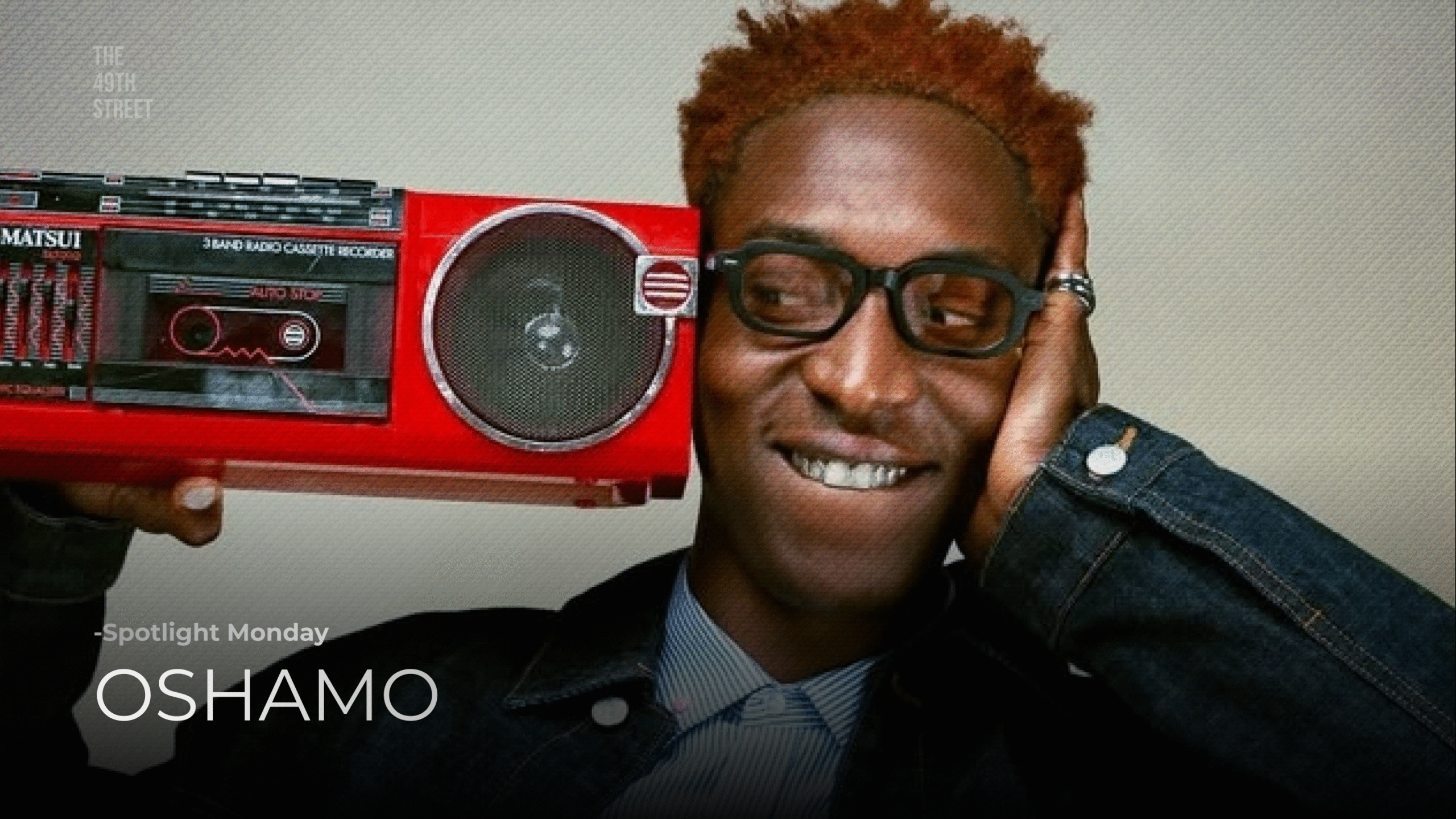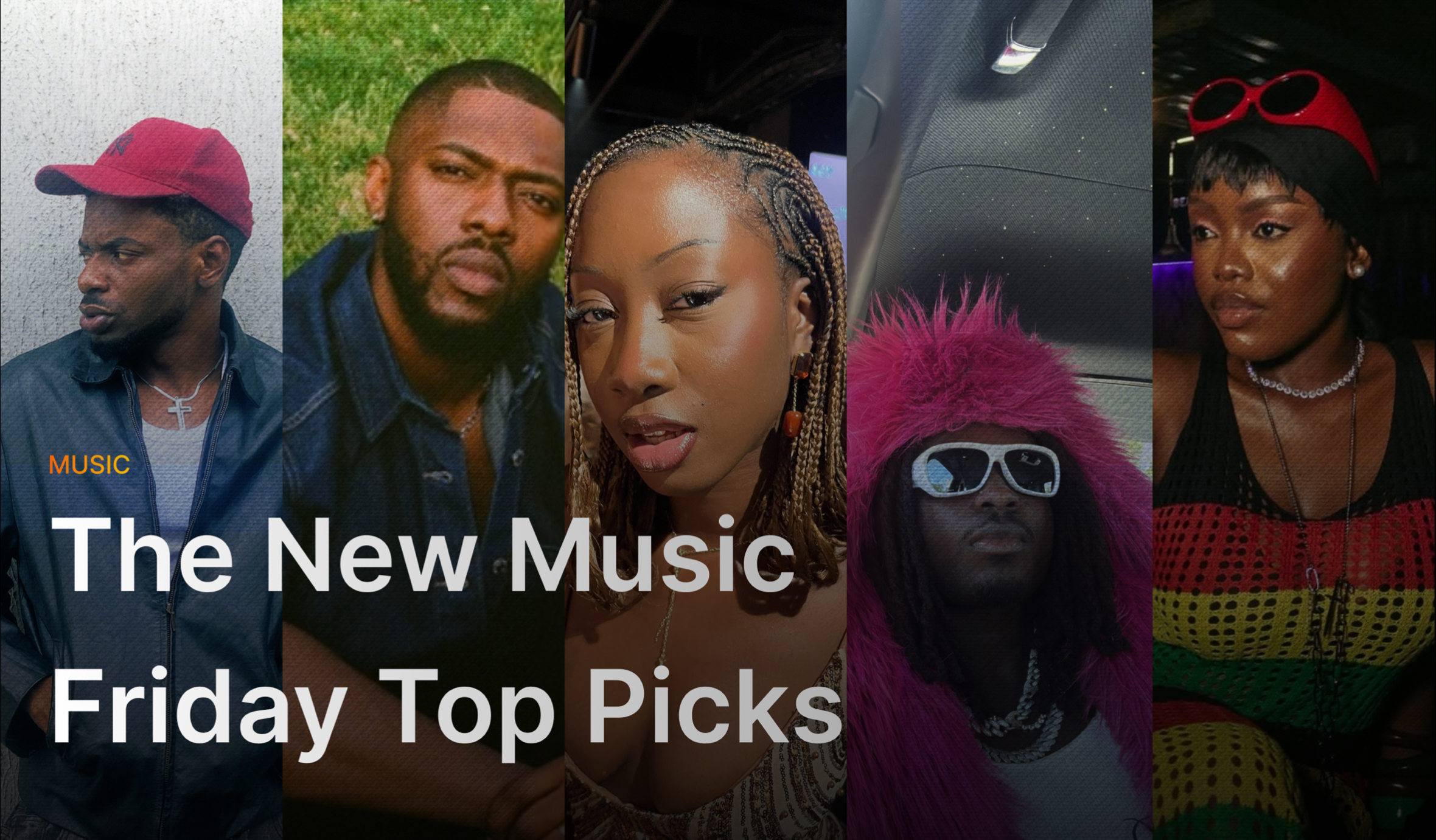By Aanuoluwa Odole.
“Afrobeats is a mesmeric blend of West African and Black American music that has quickly become a global pop phenomenon.” – The Recording Academy, July 2022.
Is it ironic that the Recording Academy, the leading community of music professionals, is ignorant about African music, or is it a microaggression? In the 1950s, the Hollywood Chamber of Commerce asked nine prominent recording industry executives (who just so happened to be white) for a list of musicians to honour with Walk of Fame stars, and by 1957 the recording academy was formed. The Grammys award show presented by the Academy first in 1959 had an original purpose of shunning and blocking out music from the black community, particularly rock music. It, therefore, does not come as a surprise 65 years later that the recording academy takes active steps to exclude ‘black music’ while posturing as a principal diverse and inclusive music organisation.
In November 2020, Justin Bieber put out a post to express his displeasure at “Changes” being nominated in the pop vocal album category. He opined that “Changes” was intended to be an R&B album. It is quite ironic that Bieber, with his underwhelming album, earned a nomination in the pop category, while the Weeknd, with his phenomenal album “After Hours”, was completely shut out, including the exclusion of a nomination for “Blinding Lights” the No 1 Billboard Hot 100 Song of all time. Hip-Hop artist Ze Taylor responded to Bieber’s post: “Now you see how black artists feel when they make P.O.P. music and get shoved into ‘urban’ categories.” As a genre, pop music is challenging to define as there is a wide range of music it covers. In simple terms, pop music is music that is popular with many people, and it could be termed chart-topping music. This is, however, a genre that black artistes are repeatedly excluded from. Since the pop vocal performance category was created in 2012, Lizzo has been the only black artiste to win with her single “Truth Hurts”, and the category has seen a sparse number of black nominees. The last time a black person won Best Pop Vocal Album was Ray Charles in 2004.
Tyler the Creator after winning his first Grammy for Best Rap Album in 2020 in a post-award press conference said “… it sucks that whenever we – and I mean guys that look like me – do anything that’s genre-bending or that’s anything, they always put it in rap or urban category…I don’t like that urban word. That’s just a politically correct way to say the n-word to me; why can’t we just be in pop?”. Time after time, we have seen the Recording Academy nominate black artists strictly in rap and r&b categories, and those that garner major category nominations hardly ever win. Beyonce’s wins in 2017 in the “urban” categories for “Lemonade” while losing Album of the Year to Adele’s “25” proves this.
Adele, in her speech tearfully stated she couldn’t receive the award declaring it belonged to Beyonce. She also told Vogue in a 2021 interview; “My personal opinion is that Beyoncé definitely should have won,” The idea that certain genre categories are closed off to black musicians is welcomed by the Recording Academy, and while the reason might not be (a big maybe) ill intended, it cements and keeps black people in a box, limiting their methods of creative expression. That, in itself, is a microaggression, an indirect, subtle, or unintentional discrimination against members of a minority group. If Black Westerners are excluded and slighted in general categories by the Academy, where does that leave African musicians?
The answer is nowhere. There have been several African artists who have walked home with Grammys since the inception of the award show, which is great but the problem is the categories these awards are won, most of them have been won in the “traditional music” category or the “global music” category. These categories recognise music from around the world, which is redundant because isn’t the entire award show meant for that exact purpose? There are six categories dedicated to the American Roots genre but just two for genres dedicated to music from other continents like Kpop or Highlife or Afrobeats.
Afrobeats as a genre has received international praise and recognition and is quickly becoming mainstream. In October of 2020, Wizkid released his hit song featuring Tems, “Essence”. The song was followed by a remix version featuring Justin Bieber, peaking at numbers 9 and 28 on the Billboard Hot 100 and Global 200 charts and cutting across different genre-based charts. It was in my honest opinion a contender for main category nominations for the Grammys. However, it only got nominated in the Best Global Music performance category. Many have tried to explain its placement using language as a distinction, thereby enforcing that the English language is superior to others. It is also important to point out that the majority of the language used in Essence is English!
While black artists are excluded from main categories’ nominations and wins, non-black musicians are allowed the opportunity to feature and win in black music genres. Music fans were shocked at Macklemore’s win for Best Rap Album over Kendrick Lamar in 2014. More recently, in the 2022 Grammys, a white band called SOJA took home the award over Jamaican artists for Best Reggae Album. Music Journalist Joey Akan, in relation to this tweeted “A US band don dey win Grammy for Best Reggae World Album, Jamaicans wey get the culture dey para anyhow … Globalisation also has its dark sides. Sometimes, gatekeeping is good.”
The Academy is unable to see music from Africa as legitimate without relation to Western influences. This is why Afrobeats was regarded as a “mesmeric blend of West African and Black American music” on Twitter by the Academy. A correction was made fifteen hours but the implication of the original tweet still stands, it is going to take a while for Afrobeats to be recognised as a standalone genre and when this happens, it would be inclusive of musicians from all over the world but main category nominations would still be closed off to African musicians.
The Academy is aware of the racial bias in the awards and to address it; the Black Music Collective was set up. The Black Music Collective is an advisory group of black music industry professionals dedicated to the inclusion, recognition, and advancements of Black music and its creators and professionals within the Recording Academy and music industry. Since its inception in 2020, there have been noticeable changes. After the killing of George Floyd and Breonna Taylor, Black Lives Matter took central stage at the 63rd award show in 2021. H.E.R. with “I Can’t Breathe” won song of the year, and Beyonce won awards for “Black Parade. Both songs were dedicated to black lives, safety, pride and excellence. Lil Baby’s terrific performance directly references police brutality in “The Bigger Project”. Megan Thee Stallion won the award for Best New Artist. Overall, it was a good night for black musicians despite The Weeknd’s snub. It got better in the 2022 edition of the show, with 75% of the main categories won by black musicians, and Jon Baptiste became the first black person to win the Album of the Year Award since 2008.
The Recording Academy has successfully made White American music the default and everything else second. There wouldn’t be an issue if the Recording Academy and the Grammys presented themselves as majorly for white people with the occasional recognition of people of colour. Take, for example, the MAMA Awards exclusively for Asians. Still, like everything American, there is the need to paint a picture of diversity and inclusion without acknowledging their history of racial bias and discrimination. The changes in the past award shows took more than 60 years; I can only hope it does not take the same amount for African musicians to be recognised by the “leading community of music professionals”.





